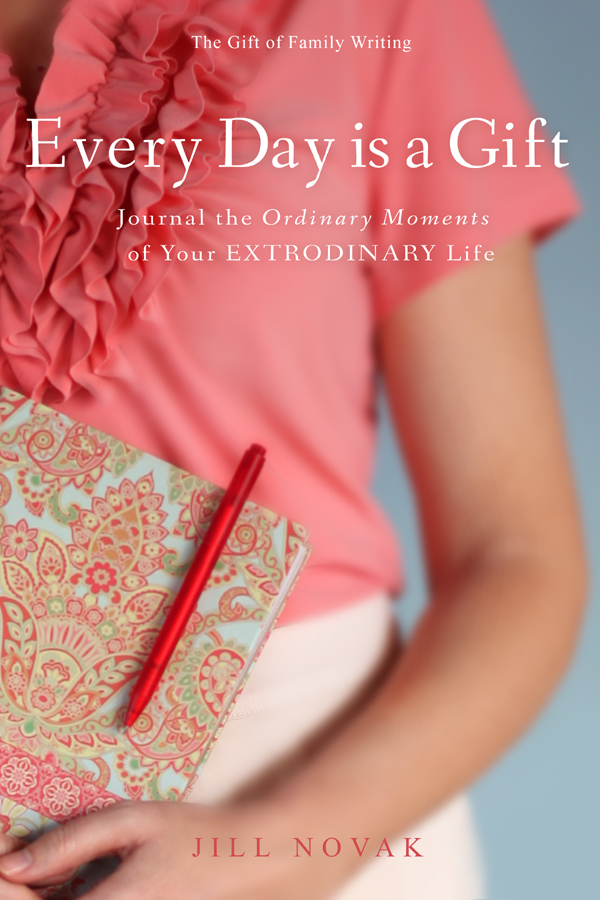The level of care my father receives is called “skilled nursing” by the professionals. I don’t think these two words necessarily have to go together. Anyone can become skilled at taking care of their elderly loved one, and not every need they have will be medical. So let me encourage you that you don’t have to be a nurse to take care of your elderly parent.
What the nursing home means when they use the term skilled nursing is that they provide both of these services and everything in-between. Personal hygiene assistance, help with dressing, medical monitoring, dispensing of medicine, plus therapy and exercise classes are all provided under one roof at the nursing home facility.
The important thing for you to know is that these services are available to you for a limited time when you first bring your elderly parent home. Trained occupational and physical therapists, as well as medical nurses who monitor vital signs are all available to train you in what you need to know to achieve and maintain optimum health for your parent.
When we brought dad home, they sent staff to our house to make sure that we had the equipment we needed to take care of him. A hospital bed, wheelchair and walker were immediately ordered for us. This equipment was all covered by medicare. My brother had the bathroom tub ripped out and a handicap assessable shower installed. Medicare does not cover bathroom renovations for handicap purposes. This is a cost you will incur yourself, but can be written-off at tax time.
With the help of these professionals, you will figure out what you need for your particular situation. My brother spent some time in the physical therapy room at the nursing home, observing and video taping my father on the exercise equipment. He bought some of the same equipment for a reasonable price off of Craig’s List, and had it delivered to Grandpa’s home. It is very important to help your parent get the physical therapy he needs to stay strong. My father is a highly motivated individual and he loves to work out almost every day.
As far as care goes, it doesn’t take a nursing degree to fill a pill box or give your parent a shower. These are all skills that can be acquired through practice. The term for this kind of care is often called custodial or personal care. The word custodial reminds me of school lockers and shiny hallways. I like the term personal care better. I like to think that I am giving my father the personal, one-on-one care, he deserves and cannot receive from anyone else.
That said, there are health issues unique to the elderly that can progress quickly if you aren’t aware of what’s happening. It’s really important to have a highly recommended geriatric doctor nearby who can answer your questions or refer you to any specialists you may need along the way. If you are taking a loved one out of the nursing home it is really important to get them evaluated to make sure they are not being overly medicated as was the case with my father.
If there is any kind of ongoing health issue, the doctor will assign an independent nursing service to come to your home weekly and help monitor the episode until the threat of danger is over. We have learned so much from the physical therapists and the nurses who have taken care of my father in our home. Their expertise has been invaluable and I think this is one part of the in-home health system that really works.
I hope the future health care bill does not limit this service to the elderly. It has been absolutely vital for bringing us peace of mind as we went from the transition of not knowing exactly what to expect when we first brought Grandpa home, to being able to handle his Parkinson’s issues. Yes, I suppose we could bring him to the doctor more often, but the weekly visits have been invaluable for helping us deal with the numerous health issues that have arisen since Grandpa has been home.
You can do it!
I remember years ago when my father was in assisted living. He had contracted a germ common to seniors called c. diff* that causes diarrhea. He was put into isolation and my siblings and I had to take care of him until it cleared up. I helped change his diapers and ran back and forth to the store to get him anything he needed. The staff said our family (my younger brother, sister, and I) were one the most involved they had ever encountered. As I was changing his diaper one day, one of the CNA’s asked me if I had a nursing degree. “No, I said, “I’m just a mommy. I’ve changed lots of diapers.”
You don’t have to be certified to care for a loved one. Whether you help care for them in assisted care, the nursing home, in your home or their home, the tender loving care that only you can give will make all the difference in the world.
* Clostridium difficile, often called C. difficile or “C. diff,” is a bacterium that can cause symptoms ranging from diarrhea to life-threatening inflammation of the colon. Illness from C. difficile most commonly affects older adults in hospitals or in long term care facilities and typically occurs after use of antibiotic medications. Mayo Clinic staff

